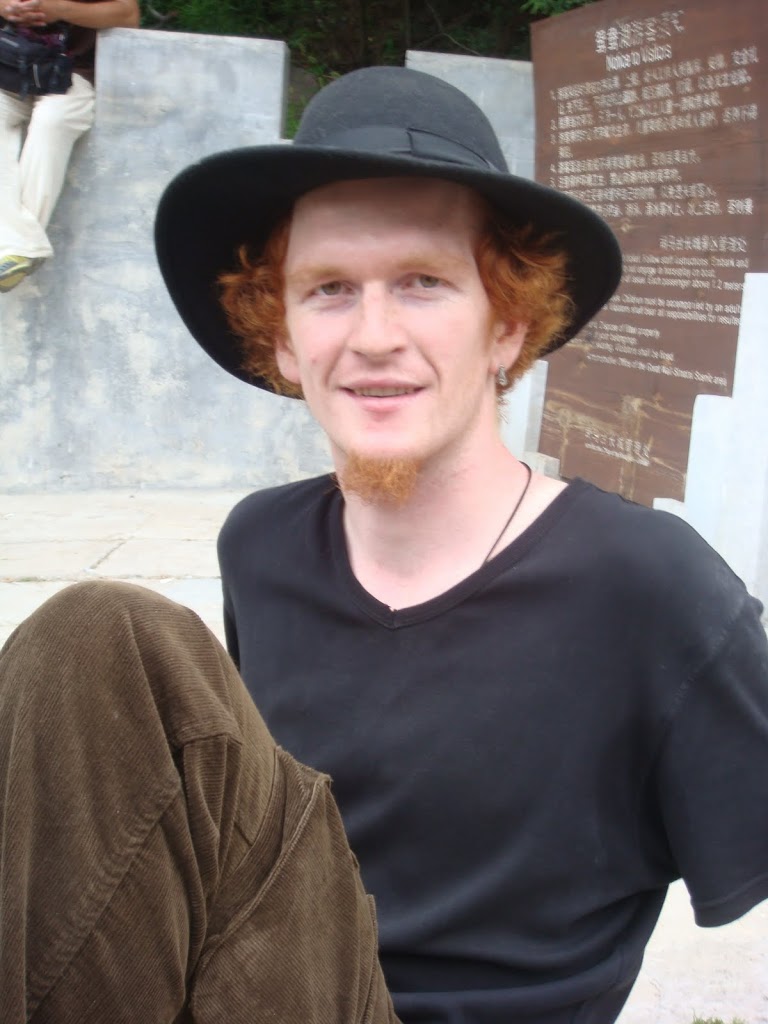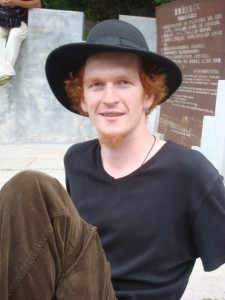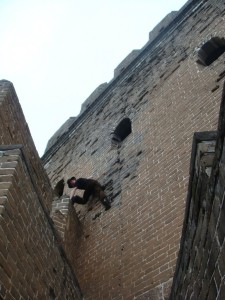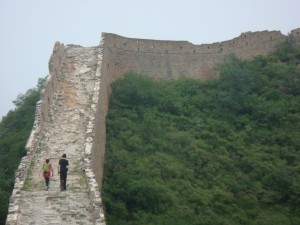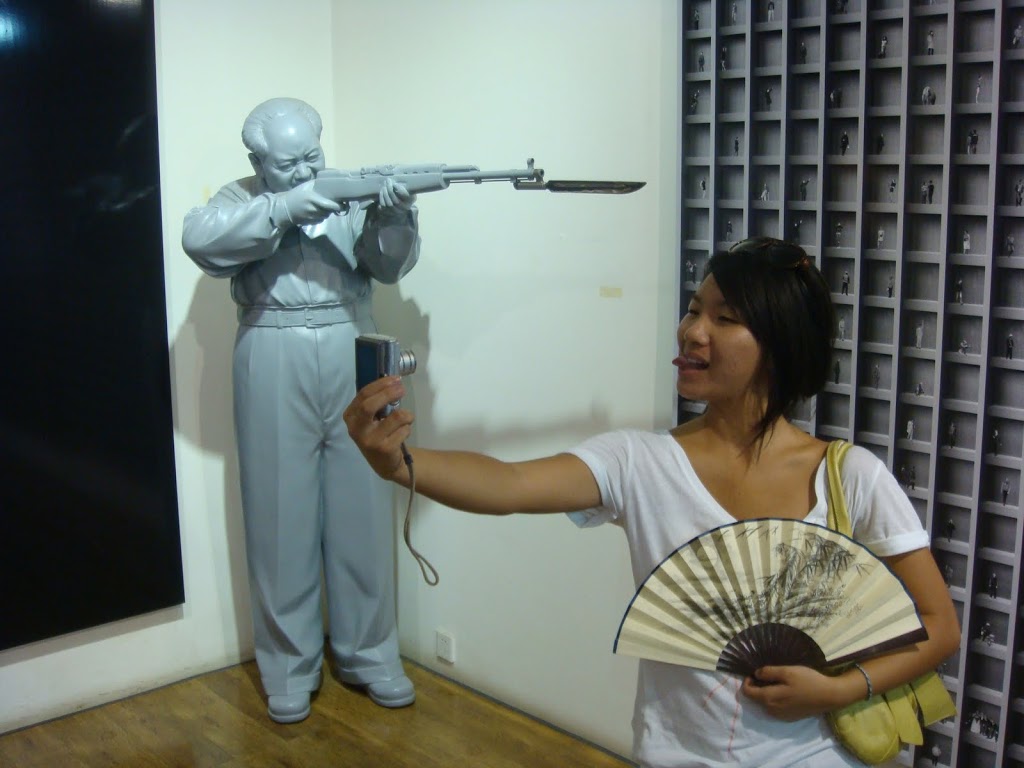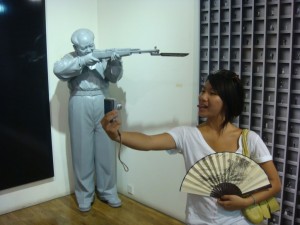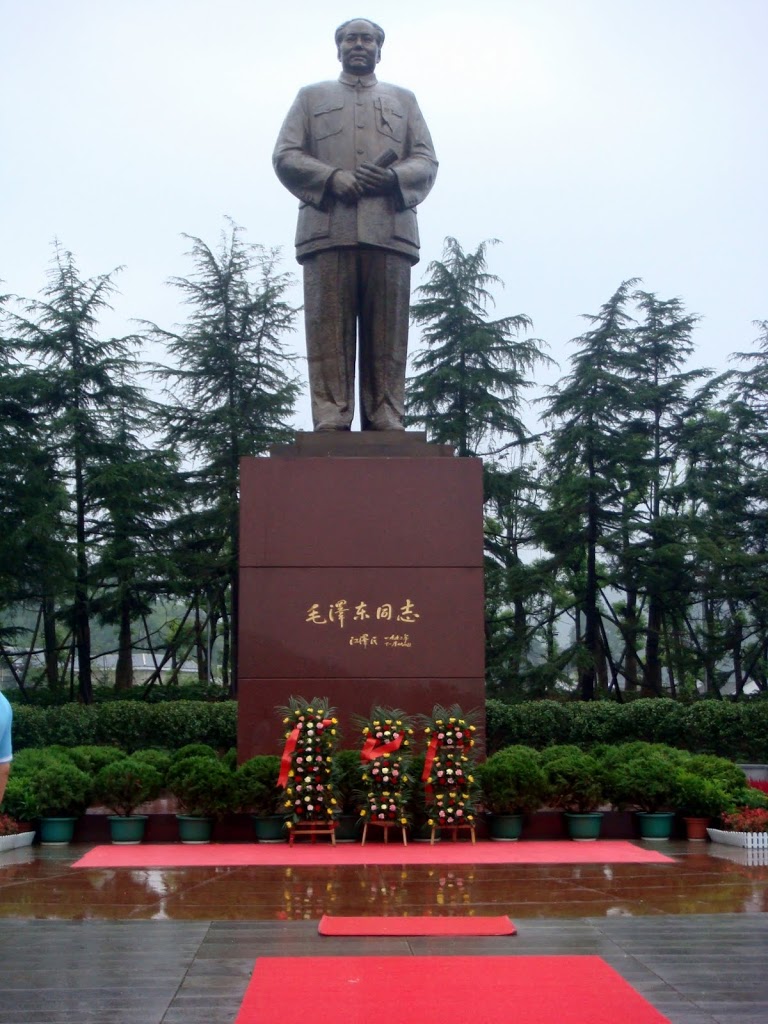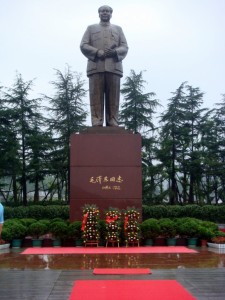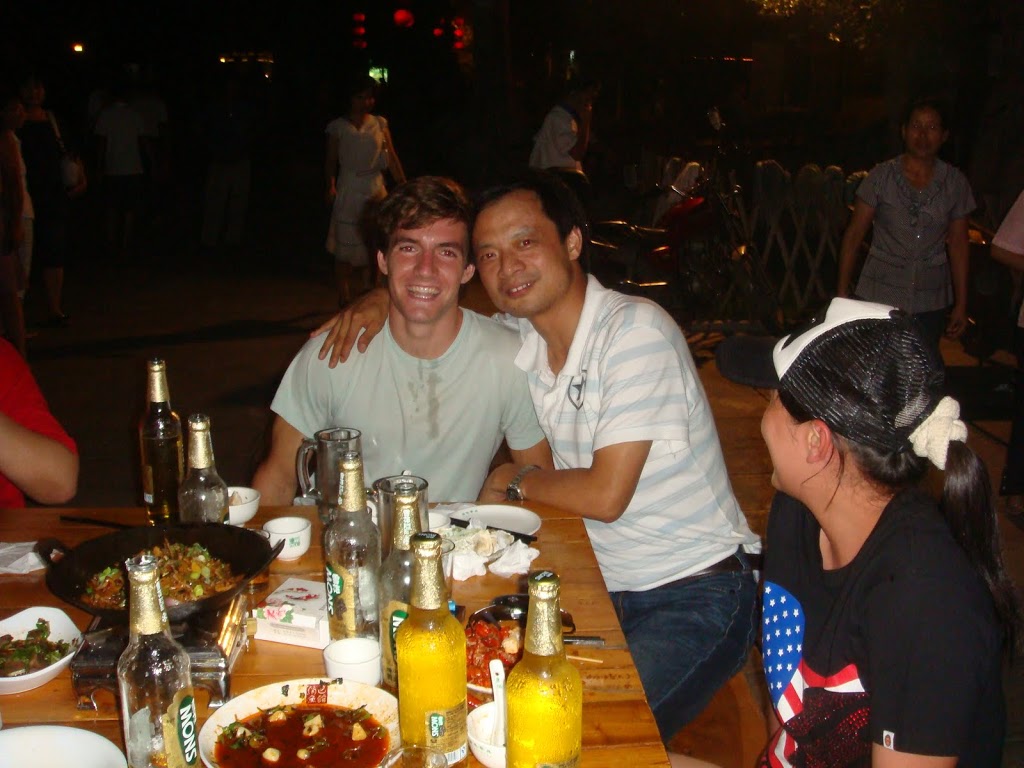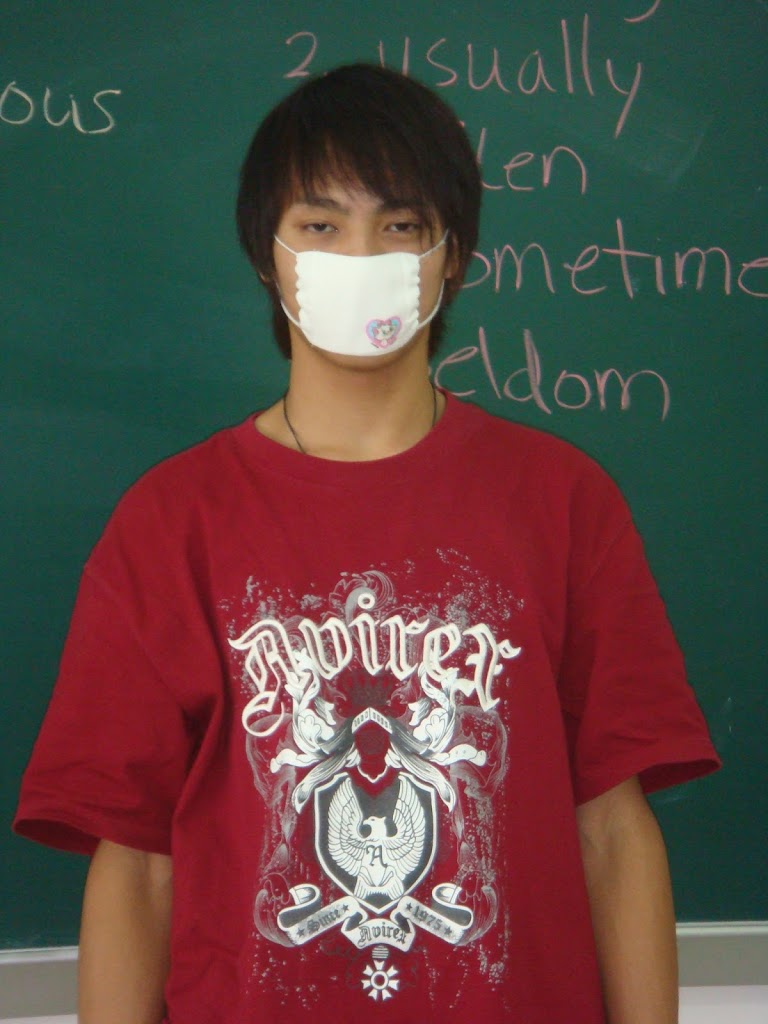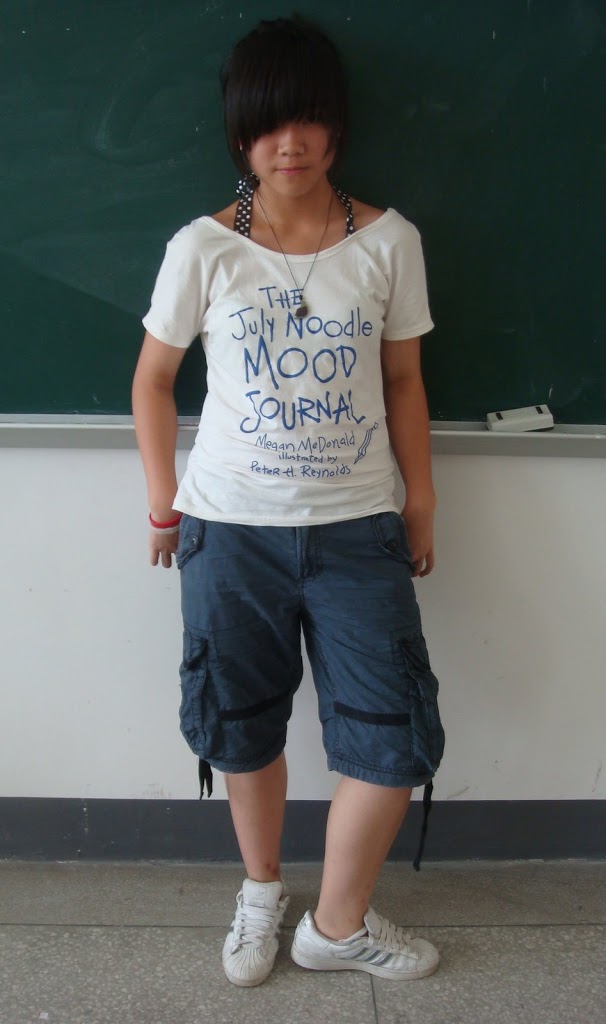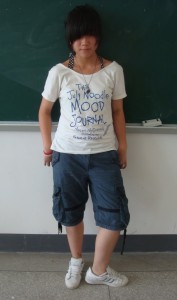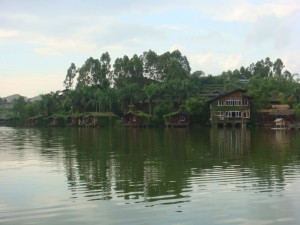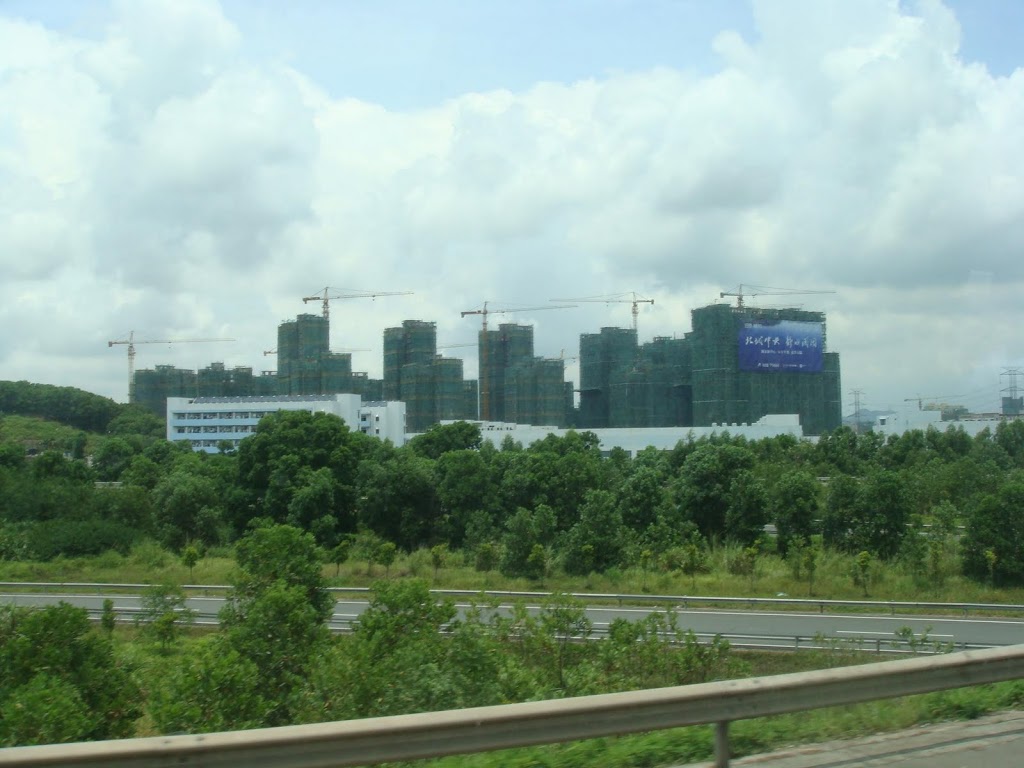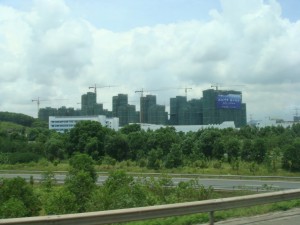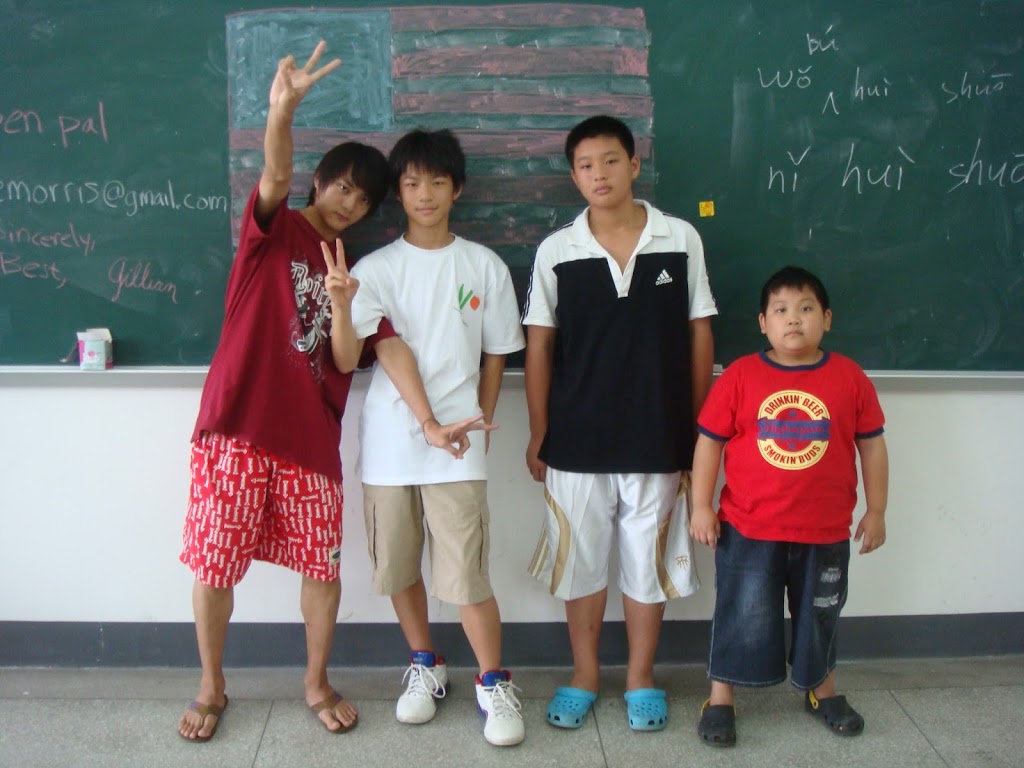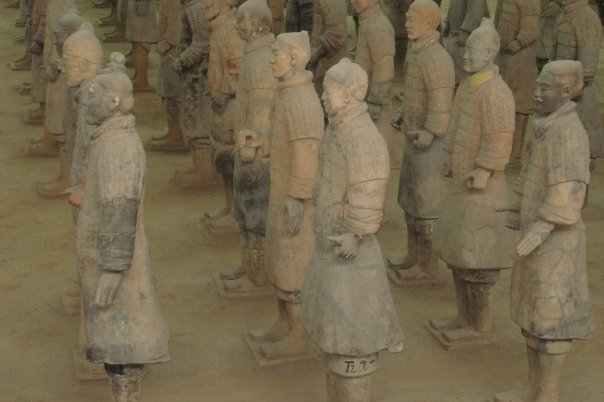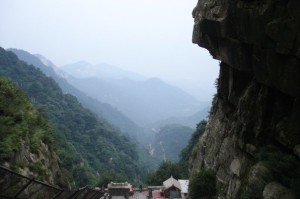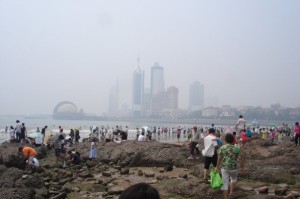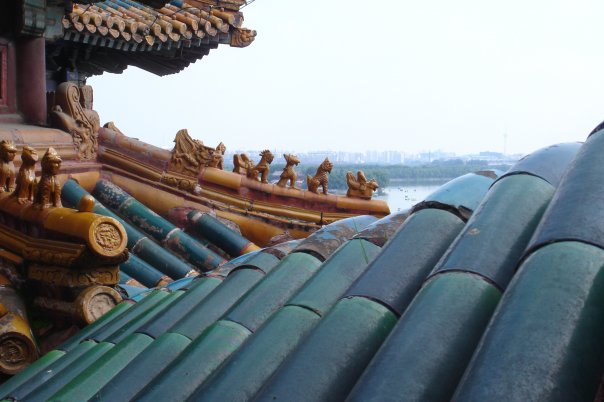It is said that
he who tires of London tires of life. She who tires of Madrid has reason. If the intermittent wind blowing stale, 110 degree heat across your face doesn’t get to you, the smoking and the locals’ propensity for public urination might.
Don’t get me wrong: for all its squalor, Madrid is an unforgettable city. Each of three big museums – the
Prado, the
Reina Sofia, and the
Thyssen-Bornemisza – has a collection that would be worth a detour on any European trip. For those who would rather eat pig’s ears than be stuck looking at paintings, you could get them, served with salt, in any bar, along with an endless list of foods more or less deserving of the term ‘delicacy’. And while at that bar, you might make the acquaintance of a talkative of Madrilena, as the people of this city are generally friendlier than car salesmen. He or she might offer to show you the city, and you might find yourself arranging to meet at 2am, when the heat of the day has subsided to a comfortable 85 degrees.
And then you might get an inkling of what
La Movida was like. Or is like, depending on your interpretation: some people contend it’s still not over. The
movida was an outbreak of joyful hedonism in the years that followed the death of Francisco Franco, the dictator whose oppressive, repressive rule defined Spanish life for nearly half a century (1939-1975). I imagine it as the
Weimar Republic without the sense of impending doom.
Joyful hedonism notwithstanding, I got tired of Madrid. I spent the last weekend of July and the first weekend of August in
Burgos and
Basqueland, respectively, and took my summer vacation from my summer job in China. WIth a nod to the fact that this blog is supposed to be about living and working in Europe and similar disrespect to chronology, I’ll start with China.
 |
| From the forbidden city |
The smog is not very noticeable, thanks to
draconian measures taken by the government in the weeks leading up to the games. Beijing’s legendary traffic is likewise
gone. The only vehicles on the road seem to be official Olympic transport (usually ominous black Audis with tinted windows that zoom by on the reserved lane on every highway), buses, or taxis. The taxi drivers generally have no idea where they are. Telling them a landmark like, say,
Tiananmen square will not do; you must provide an intersection and optimally directions. You cannot buckle your seatbelt because there is a nice white cover with the Olympic logo on the seats. Public transport, by contrast, is a dream: the metro (which four years ago had two lines and now has 13) is spotless and equipped with TVs which endlessly broadcast whatever sport in which China is currently doing well. I have seen the synchronized diving enough times to have the entire routine memorized and might have memorized the shooting were it not so incredibly boring. And am I the only one to be disturbed by the fact that the average age of the Chinese gymnastics squad seems to be around 7?

Smog might be lessened, but the city does feel like it’s been engulfed in a cloud. The humidity is through the roof and visibility is ten New York blocks or so. Which makes the seemingly temperate temperatures miserably hot. If it weren’t tonic to my lungs after Madrid weather, I would be more bothered by the fact that my shirt is soaked through after a five minute walk.
I managed to get tickets to the quarterfinals and repecharges of the rowing events held on the 11th from a friend. While waiting to meet with her, I talked to one of the Olympic volunteers, who spoke excellent English. He wanted to convey how much China wanted to be respected and open to the rest of the world. I told him I’d had a wonderful time and everyone had been incredibly friendly (true) and it seemed like the Olympics had brought a lot of positive change. But I also heard that 300,000 people were forcibly displaced from their homes to make space for the Olympic green with its iconic Bird’s nest and AquaCube. ‘I think they would tell you they were happy to move,’ he said. I was skeptical, and said as much in an email I sent to my rowing teammates back at Harvard. But one of them, an ABC with lots of family back in China, informed me my suspicions were baseless:
‘It is very clear to me that though there are likely
exceptions, most Chinese people feel that they have won the lottery
when they are informed that the government (or some business) wants to
take over their property. The reason is that they are often
compensated to ridiculous excess. For all of the Chinese government’s
problems (and we are all aware that there are many), it does refuse to
force the people from their land. Business people are often upset
because the Chinese citizens usually don’t actually have formal rights
to the properties (though many of them built their own houses and have
families who have lived in the same place for generations- it brings
up good questions about ownership). There have been many cases of
Chinese citizens refusing to sell their properties to the government
until they are offered an amount that is satisfactory to them. That
amount is generally unreasonably high. If the people who gave up
their properties in Beijing for the construction of the Olympic venues
were able to get good compensation, then it is definitely possible
that they weren’t terribly upset to move. And the fact that they can
tell their friends that the Cube and the Bird’s Nest was built on
their land will probably give them immense pride- an extra benefit.’
I narrowly missed seeing the US women’s 8, stroked by Caryn Davies, a Radcliffe alum, coast to first in their heat, which lets them bypass the repecharge and proceed straight to the semifinal. They went on to win the gold, but failed to set a new world record, which they have both of the last two years. This is by no means a measure of athletic incapacity: in rowing, weather can make or break even the strongest set of oarsmen. A strong tail wind, ie wind going in the same direction of the racing, will boost speed, but make the boat less stable, which means that a well-balanced, technically expert crew stands a good chance of making a record.
I did get to see Michelle Guerette, the US women’s single sculler and Radcliffe athlete, coast to an easy first in her quarterfinal and then saw her chief competition, the Belarusian Ekaterina Kaarsten, ‘beast’ her heat, as some might say. In the semi-finals on Wednesday, Michelle led her heat for nearly the first 1750 m (out of 2000) of the race but was passed by a Chinese sculler with one of the most fantastic sprints I have ever seen, no doubt aided by the roar of the Chinese in the stands by the finish line. Both first and second place progress to the final, however, and I had a hunch Michelle was saving her fireworks for the more important race. Kaarsten likewise finished second in her heat. Sure enough, Michelle went on to an impressive silver to Bulgaria’s Rumyana Neykova, the current world record holder, and Kaarsten gained a bronze to add to her golds from Atlanta and Sydney. Another highlight was seeing the Winklevoss twins, the Harvard grads who contracted Mark Zuckerberg to program a facebook-like program called ‘ConnectU’ only to have him procrastinate and then publish his own version. They might not be billionaires, but stood a chance at being medalists, thanks to a spectacular last 500 meters that saw them surge from 9 seconds behind the leader and fifth in their heat (out of six) to second in their heat. They ended up placing sixth in the final.

I spent the evening after racing with a rowing coach I met in the stands and a friendly group of British men who live in Beijing and coach football. The semi-native Beijingers took us to two of their usual haunts in the center of town. At the first I ran into a friend from the church choir I grew up singing in. I seem to have a knack for this kind of thing (see ‘Why not?’).
After Beijing, I went traveling with a fellow Harvard student and Chinese native. We spent the first two days in Xi’an, which was the capital of China for, oh, 13 dynasties or so. Highlights include the city walls – 59 feet thick at the base, and still nearly perfectly intact, though they were built in 600something. Evidently the Chinese make better walls than Europeans. Or maybe Europeans are just better at breaking them. We also visited a sacred Buddhist pagoda that was cracked in an earthquake in the fourteenth century, and then seismically restored to perfection by another earthquake in 17something. Feeling holy, we continued with a mosque built in 742 – that’s 110 years after the Hegira, which marked the founding of Islam. Those Muslims traveled quickly. Seeing the religious buildings highlighted an interesting difference between Western and Eastern cultures: while many of us Westerners seem so preoccupied with religion that we see the world coming to a catastrophic battle between Islam and Christianity (Clash of Civilizations, anyone?), the Chinese have managed to exist for a few millennia absent any significant religious conflict, at least until the Cultural revolution. From the peasants to the emperors, they have been happy to identify themselves as Buddhist, Taoist, Confucian, and seemingly any other thing that came along that encouraged them to better themselves. And often multiple religions at the same time. My aunt’s take:

‘I’m not well versed in Asian religions, but I do know that Confucius stressed the collective over the individual (ie, family is more important than the individual; community trumps family; and state trumps community ) so an individual’s relationship with a higher being has little importance in one’s daily life in China. Actually, what an indivdual thinks, period, has little to do with affairs of state. By contrast, the three monotheistic religions in the West (Christianity and Islam, and their ‘parent’ Judiasm) stress an individual’s ties to God, so religion perhaps has greater importance to the average person in the West than it does in the East. We take it personally and emotion plays a role, hence our fuse is shorter when fervently held beliefs collide.’
To be continued.



